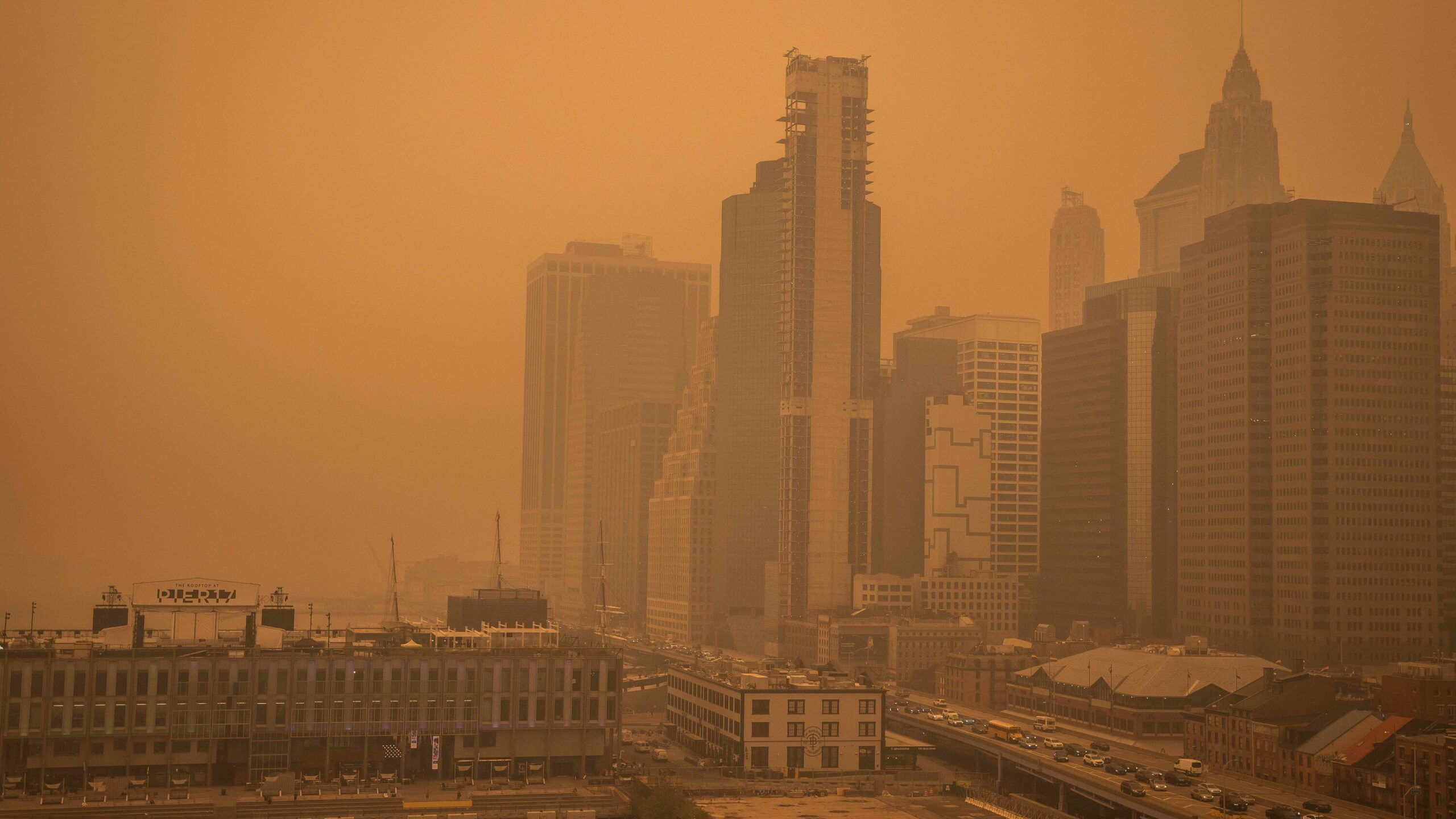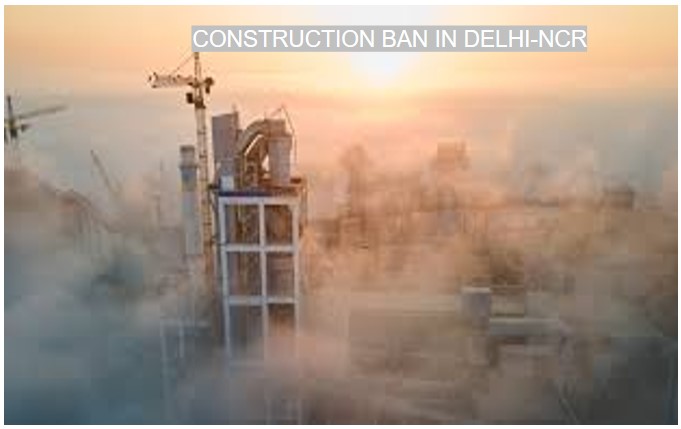Construction ban in Delhi-2023, delay all the construction project in private sectors and independent residential projects by 2 to 3 months.

The Commission for Air Quality Management (CAQM) has invoked stage III of the Graded Response Action Plan (GRAP), which includes a ban on all non-essential construction and demolition activities in Delhi-NCR.
Construction ban in Delhi-2023_notice can be downloaded from – https://caqm.nic.in/index1.aspx?lsid=4168&lev=2&lid=4171&langid=1

GRAP III ORDER DATED 02-Nov-2023
Delhi chief minister Arvind Kejriwal announced that in light of the rising pollution levels, all government and primary schools in Delhi will remain closed on Friday and Saturday. The Delhi government imposed a ban on non-essential construction activities and on the plying of BS-3 petrol and BS-4 diesel cars in Delhi Gurugram, Faridabad, Ghaziabad and Gautam Budh Nagar.
What is GRAP and What is impact on Construction ban in Delhi-2023?
GRAP is a set of emergency action plan implemented in four stages depending on the severity of the air pollution – which is determined by the air quality index (AQI). According to the System of Air Quality and Weather Forecasting And Research (SAFAR), an AQI between zero and 50 is considered good, 51 and 100 satisfactory, 101 and 200 moderate, 201 and 300 poor, 301 and 400 very poor, and 401 and 500 severe.
Stages of GRAP-Construction ban in Delhi-2023
The first stage of GRAP is imposed when the overall air quality is in the ‘poor’ category. Under this stage, the government imposes a heavy fine on garbage burning and sweeping without sprinkling water, ensuring proper implementation of guidelines on dust mitigation measures, ensuring regular lifting of municipal solid waste, construction and demolition waste, and hazardous wastes from dedicated dumping sites, and enforcing guidelines for use of anti-smog guns at construction sites.
The second stage of GRAP is imposed when the air quality enters the ‘very poor’ category. This necessitates a ban on diesel generators, use of coal or firewood in hotels, restaurants, and open eateries, increased parking fees, and increased bus and metro frequency. The government also issues an advisory for children, the elderly, and those with respiratory problems under this stage.
The third stage is imposed when the air quality breaches the ‘severe’ category. Under this stage, the government imposes a strict ban on construction and demolition activities, hot mix plants, brick kilns, and stone crushers.
The fourth and final stage of the GRAP is enforced when the air quality is in the ‘severe plus’ category. This stage entails stopping entry of trucks in Delhi except for LNG/CNG trucks and those involved in essential services, imposing a ban on Delhi-registered diesel-operated Medium Goods Vehicles (MGVs) and Heavy Goods Vehicles (HGVs) and also empowers authorities to take a decision on discontinuing physical classes even for classes VI – IX, class XI and conduct classes in an online mode.
Apart from a ban on non-essential construction and demolition activities, GRAP-III also includes a ban on the entry of diesel light commercial vehicles (LCVs), trucks, and medium and heavy goods vehicles registered outside Delhi (except those involved in the provision of essential services).
The Centre’s action came as part of Stage III of the Graded Response Action Plan (GRAP) — the Centre’s air pollution control plan which is implemented in the region during the winter season. GRAP categories actions into four stages: Stage I – ‘poor’ (AQI 201-300); Stage II – ‘very poor’ (AQI 301-400); Stage III – ‘severe’ (AQI 401-450); and Stage IV – ‘severe plus’ (AQI above 450).
As this construction ban losses the construction projects, we may follow the guidelines throughout the year to maintain good quality of Air, Water and Environment as well. This will help to all, all the time.





This is a very timely and informative article, especially for those affected by the construction ban in Delhi. While construction projects may face delays, it’s important to keep in mind that waterproofing services can still be a priority during this period. If you’re planning or already working on a property, consulting a professional waterproofing service is essential for protecting buildings from water damage, especially during monsoon seasons or high humidity. Expert waterproofing can prevent costly damage to structures, even if construction activities are slowed down. A reliable waterproofing service will ensure your property remains safe and protected until the ban is lifted. Great insights!